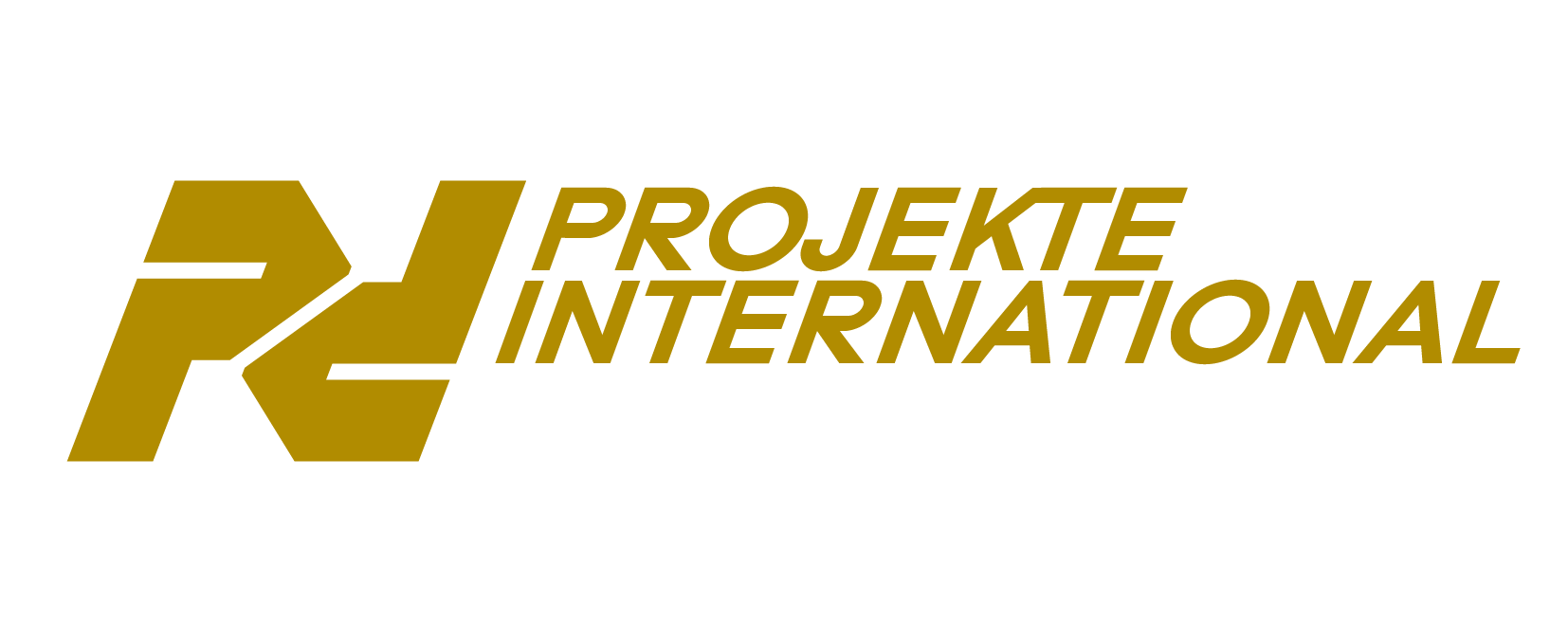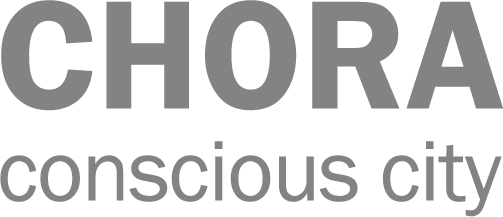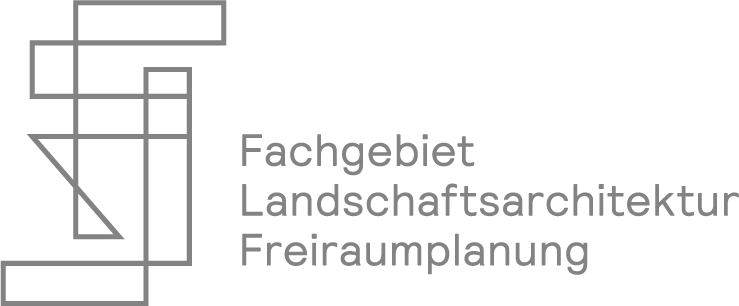DIAGNOSE! Interview with
#15 – studio amore
By: Adi Cohen, Sasha Amaya
DIAGNOSE! Interview Series
Published on december 16, 2021
Eleonore Harmel, Leon Jank // studio amore, Berlin // https://studioamore.de
The urban and the rural are typically conceptualised as two separated, exclusive entities. In reality, the city and the countryside are ultimately connected, and processes of change in one, deeply influence the other. We often imagine the city as the vibrant, lively centre, which is attracting people from settlements around it, and the rural, or the countryside, as an agricultural and natural landscape with shrinking populations. Economic and demographic shifts, however, are highly heterogeneous processes — in general, and in the Berlin Brandenburg region in particular. While some villages in the region are experiencing demographic or economic decline, others are thriving and growing. Movements of people — from the countryside to the city, and from the city to the countryside — complicates the relationship between the rural and the urban and weaves social and spatial transformations together.
In this interview with Eleonore Harmel and Leon Jank from Studio Amore, we unpack this simple dichotomy of the urban and the rural and take a look at social and spatial transformation processes that are currently shaping the Berlin Brandenburg region. Studio Amore’s work is situated in the interface between research, planning, and design and is focused on the relationship between the city and the countryside. Their approach promotes not only spatial and physical-structural perspectives on this relationship, but rather focuses on social and cultural changes and how such processes relate to space.
With this approach and an interest in the social, cultural, and
spatial development of the countryside, they conducted a number of research and design projects in Brandenburg and Mecklenburg Pomerania that give us a unique view of the villages of East Germany and help to demystify some of the prejudices and common beliefs about life in the village.
In the interview, we talk to Studio Amore about their book Ländliche Verheißung, their research project Land*Stadt — Transformation gestalten, their Reallabor project in Stolpe, the Entwicklungskonzept they are developing for the Lausitz region, and the Landinventur project in Mecklenburg Pomerania and Brandenburg. Through these case studies, we gain insights not only into the transformation processes that are taking place in the region, but also into some of the unique methods, tools, and language Studio Amore is using and developing in their work.
Length: 39:47 min
Introduction
[00:00:08] introduction
[00:01:46] practice, goals and objectives
Berlin-Brandenburg Region
[00:04:50] encounter with the Brandenburg region
[00:08:49] countryside and city
[00:12:20] rurban, transformative cell and transformative design
Infrastructure
[00:18:09] hard and soft infrastructure - ‘Landinventur’ project
Transformation
[00:25:05] transformations in Stolpe and the Lausitz
[00:32:40] challenges and opportunities for the transforming region
The Future
[00:37:11] urban design and transformation
BB2040
[EN] Berlin Brandenburg 2040 was initiated by the Habitat Unit in cooperation with Projekte International and provides an open stage and platform for multiple contributions of departments and students of the Technical University Berlin and beyond. The project is funded by the Robert Bosch Foundation.
[DE] Berlin Brandenburg 2040 wurde initiiert von der Habitat Unit in Kooperation mit Projekte International und bietet eine offene Plattform für Beiträge von Fachgebieten und Studierenden der Technischen Universität Berlin und darüberhinaus. Das Projekt wird von der Robert Bosch Stiftung gefördert.








